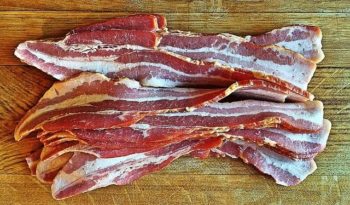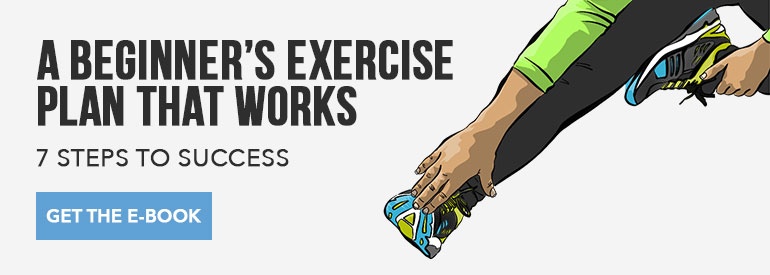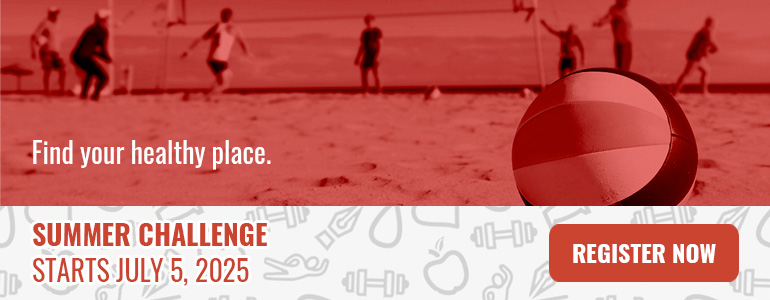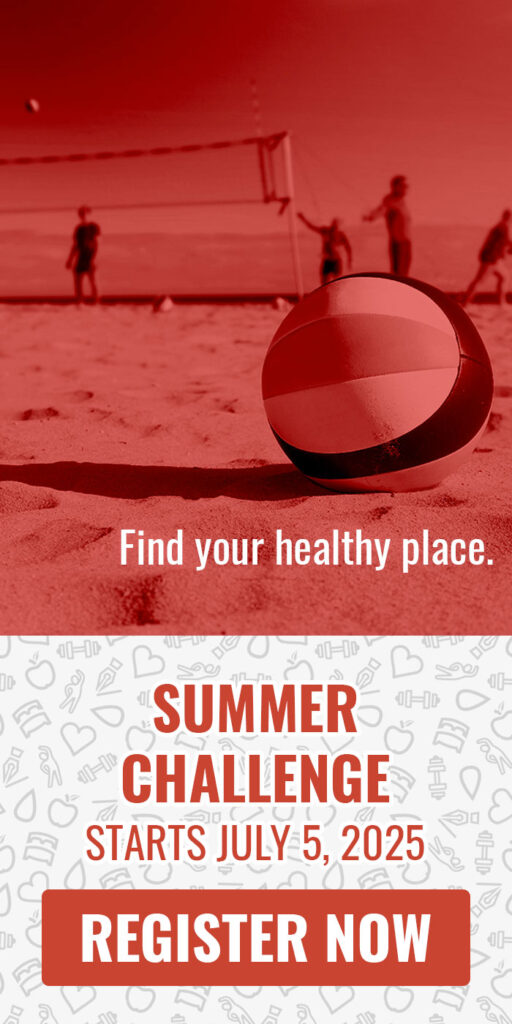 Reading Time: 9 minutes
Reading Time: 9 minutesI recently sat down with a young golfer client to discuss his goal of packing on some muscle and gaining about ten pounds. We went through what to eat, how many days to lift, and why it’s important to get sleep and recovery. Then, we got to the topic of supplements, and one of the few I recommended was creatine.
Creatine is one of the most highly studied sports supplements and has been shown to be safe and effective for improving muscular power endurance. Yet, even with that information, my client was apprehensive. He decided to take some time to think, do some research on his own, and ask around to see who he knew with experience taking creatine.
I couldn’t have been prouder of him.
You may have a few questions about now. First, why do golfers need to pack on muscle? The answer is that to play competitive golf these days, you must be a strong and mobile athlete.
You may also be wondering why I am proud of my client for not listening to me, his coach?
Because he was a skeptic.
What We Do When We’re Not Skeptics
Skepticism is a missing ingredient in our path to get healthy and perform at our best. Have you or anyone you know become a vegan based on a documentary, binged on paleo bacon, ordered shakes or oils from a friend on social media, stopped eating gluten, started eating gluten, or moved an expensive piece of workout equipment to the basement that still has 106 payments of $19.99 left?

I’m not knocking any of that stuff, but my point is: we humans are prone to emotional decisions. The downside of these emotional decisions is that we can waste time or, even worse, our health. Being more objective can help clear our path of needless side routes.
Of course, if we know this about ourselves as human beings, we can do something about it, right? Different people have different strategies when it comes to managing their emotional decisions:
- Some people freeze their credit cards (literally) in ice and have to thaw them if they want to purchase something.
- Some people won’t grocery shop while hungry or will avoid a certain walking route as to not be tempted by a certain store.
- Some people will choose to sleep on a decision regarding a child, employee, or someone they’re responsible for when a problem arises and they must pass down a consequence.
While these may sometimes be effective strategies, the truth is you cannot always avoid things — you must examine the choice you are facing and weigh the associated pros and cons.
This is especially true with your health.
How Your Health Is Like the Stock Market
I like to use investing as an analogy to help people relate to health decisions. The stock market, in the short term, is mostly based on emotional decisions. People panic and sell, or people get greedy and buy.
In the health world, supplements, workout equipment, diets, and all sorts of promises capture our attention when they claim they will finally get us the body we want without the struggle. We throw our money at whatever it is, and in a month or so, our enthusiasm fades (and it’s likely we never achieved the results, either — just like the emotional investor doesn’t see a positive return).

Many financial experts — including Warren Buffet, arguably the greatest investor of our time —advocate buying a mutual fund that tracks the top 500 stocks. In doing so, you get something that has low fees and passively tracks the market. This approach has been proven to beat most investors who consistently fiddle around with buying and selling. For very low fees, you get to put money into a fund that goes up over time.
What does this have to do with your exercise and food choices?
In nutrition and fitness, we (including the “experts”) know surprisingly little about what truly works and what doesn’t. (Note: I’m speaking in general health terms, as I know many specific conditions have some exciting research going on.)
In nutrition, we know:
- Whole fruits and vegetables are a good idea.
- Ideally, you stay hydrated all the time, as performance and organ health depend on it.
- There are some essential fats our body cannot make that we need to stay alive and well.
- Protein is needed to keep muscles and other tissues strong and healthy.
- Carbohydrates are a great energy source, albeit not essential to life.
- Getting enough essential vitamins and minerals is extremely important, but in a way piggybacks off the fruit and vegetable intake idea.
Of course, I’m being general, but, we cannot say without a doubt that anything beyond what I just listed is the truth.
In fitness, perhaps we know even less:
- Progressively lifting weights gets us stronger.
- Doing cardio workouts can help with many things, including cardiovascular health.
- As we age, we want to keep up our muscular power, balance, and walking stride length to help prevent falls.
- Sleeping seven to nine hours each night helps with many things, including recovery and brain function.
I’m sure there are some things I am leaving out. But the point is that we cannot say we know a lot about nutrition and fitness.
There are many reasons for this. Humans are hard to study for ethical reasons as well as genetic differences. And the fields of nutrition and fitness are in their relative infancy compared to other sciences like physics. We simply don’t have enough quality scientific evidence to say without a shadow of doubt that many of the things we think are right are actually proven to be correct. Is organic truly safer than conventional produce? Is running for an hour better than sprinting for five minutes? Should we stretch our hamstrings or not?
Not only do we have little evidence of many things, but sometimes we may not even be asking the right questions. Running for an hour may be better than sprinting or vice versa, but in what terms? Health, longevity, performance? Maybe none of the above?
We must know what we are asking before we measure things. The science just isn’t old enough to provide us with an entire picture of what a human needs to get the best chances of health and longevity.
So, to come back to my financial example, what do we “invest” our time, money, and effort into when it comes to our fitness and nutrition? A mutual fund of vegetables, water, sleep, resistance training, some form of joint mobility work, and some form of meditation or relaxation. (7 Daily Habits, anyone?)
And just a mutual fund contains a broad spectrum of stocks, be sure to vary your diet enough to get adequate protein, vitamins, and minerals. To be clear on what I mean, a healthy nutritional “mutual fund” looks like this:
- Choosing whole foods most of the time.
- Not relying on many supplements.
- Being responsible with treats and not overindulging.
- Eating vegetables. Oh, and more vegetables. (And forget the super-food label, they are all “super.”)
Eating anything outside of these guidelines is like picking individual stocks. Sometimes you can be right, but many times it can be costly. These choices are often based on more of an emotional impulse, rather than an objective view of the available evidence.
How to Become a Health and Fitness Skeptic
I am in no way saying that things outside of my major mutual fund list are incorrect to consume or practice. I am simply saying we have no concrete evidence to support many of the things we do (or that the “professionals” may recommend). So, your best bet for your best results is to be skeptical. Think about what change you can make, ask trusted experts, learn to read research or find objective sources that summarize research, and ask about other people’s experiences.

Creatine, as my young golfer decided, is a good idea for him. Perhaps in a hundred years there will be something better or we will have learned it wasn’t the best. But all we can do is use the best evidence we have today to make our decisions. Instead of ordering that stair-stepper off the Internet, perhaps first see if going up and down the stairs in your home is good exercise. Give yourself time to make decisions and use science to help guide you (but know that it, too, has limitations).
Some people are natural skeptics, and for others it may be a skill worth learning. Here’s how you can practice becoming a healthy skeptic:
- Write down any advice you receive. It could be from a friend, the Internet, the guy behind you at the checkout line, or from a salesperson.
- Look at what you wrote down the next day or the next week. Does it still make sense or is it as exciting? For me, the answer is “no” 90% of the time.
- If the advice does still hold some merit, it’s time to start some digging.
Getting confirmation from a testimonial, preferably a trusted resource, is a good start. I mean, really, how many of us look on two or three main trusted websites for car reviews before making a purchase? It’s time for us to care for our bodies in the same way.
Most industries have a few trusted sources of critique. For nutrition, there are many, but a couple I like are Consumer Lab and Examine. Consumer Lab actually tests supplements to see if what is in the bottle matches the label. They will also sort best value for your money and list some research on whether the supplement has any support or not. Examine is a good resource for looking at scientific consensus and ranking the strength of the evidence.
These are just a few examples of how you can start becoming a skeptic today. Treat your research like a mystery. Look for clues along the way and don’t ignore red flags. Ignoring red flags, like perhaps a health risk with a certain product, is a sign of emotional involvement on your part. You want to believe something. Rather than give in to this emotion, give your decision another week and then come back to the evidence. Be a true detective.
Yes, Be a Skeptic — But Also Enjoy the Mystery
What we do when it comes to our health and fitness will change significantly over the next one, two, three decades, and beyond. Years ago, the “innovative” medical treatment was to bleed out certain diseases. Now, we know a bit more. I hope one day cancer, heart disease, and all the other ailments we suffer from will be looked back on as ancient history.
It’s all about progression, and all we can do is the best we can and enjoy life. My advice is to go to bed early, eat your veggies, and exercise via the activities you enjoy. Anything else that comes up? Put on your health and fitness skeptic hat, and take your time deciding whether it would be a good idea for you.









